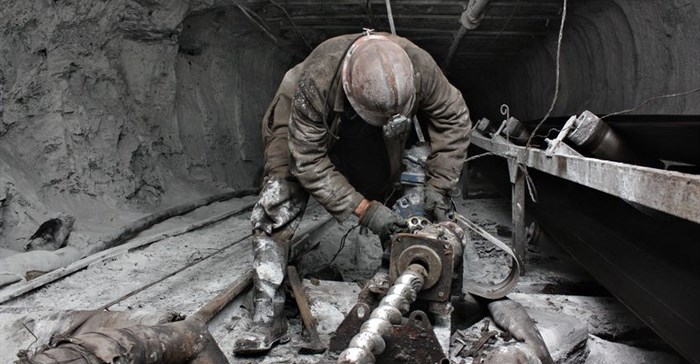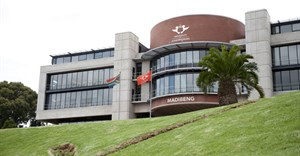Trending
Elections 2024
UJ research: Increasing autopsies for compensation of occupational lung diseases

Mthombeni conducted a research study that focused on the role of mining hospitals in offering autopsies to families of deceased miners for compensation of occupational lung diseases including recommendations to improving autopsy services for deceased miners as part of her dissertation of her Master’s degree in Public Health. As autopsies continued to fall, the study sought to inform interventions directed at increasing autopsies for deceased miners in South Africa by accounting for provider’s experiences and perceptions regarding autopsies for deceased miners.
Said Mthombeni: “In South Africa, the Occupational Diseases in Mines and Works Act (ODMWA) autopsies are declining especially among retired mineworkers. Insufficient knowledge of ODMWA provisions by the mineworkers, their relatives and health personnel has been postulated as one of the causes of underutilisation.
“Compensation is a fundamental social right that should guarantee a life of human dignity for the diseased or injured worker, and his family. We described and compared processes for obtaining consent and the experiences and perceptions of personnel involved in these processes in selected South African mines and identified possible impediments, some common to other low- and middle-income countries. That will hopefully inform interventions,” Mthombeni added.
Improved consent processes
Mthombeni’s research involves documenting how consent processes can be improved to increase autopsies for deceased miners in South Africa. “We want to make current miners, ex-miners, their families and communities aware of the right of miners and ex-miners to have their lungs and hearts submitted for examination after they die. These examinations are done to determine the presence of compensable lung diseases which may occur as a result of working in the mines,” she said.
According to laws of South Africa, that is, the Occupational Disease in Mines and Works Act of 1973 (ODMWA), anyone who has been exposed to risk work while working in the mines or classified works, has the right to have his or her lungs and heart examined after death. It does not matter what the cause of death is. According to this law, it is the duty of the last doctor who attends to the deceased person to arrange for the removal of the lungs and heart.
Mthombeni concluded: “For various reasons, the number of autopsies continues to fall despite the potential benefits of the procedure to families and medical science. Some of the reasons for the decline include distrust in the compensation system, fear of mutilating the body, maintaining the body in the best condition possible, lack of knowledge, belief that the examination during an autopsy inflicts further suffering to the body, lack of rapport with the deceased's family, lack of consensus among family members regarding the procedure, concern about funeral delays, dying at home as opposed to hospital or preference to preserve the dignity of the deceased over knowing the cause of death.















